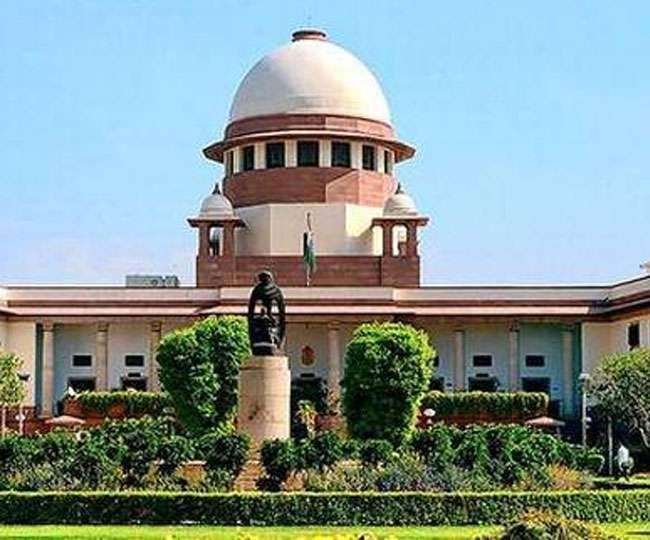Collegium system is bad, but Govt control over Judiciary will be worse, why?


Now a days we are seeing a lot of debates on the shortcomings of the Collegium system. The Govt and Supreme Court (SC) are on a collision course.
We shall discuss the below 5 aspects
What is Collegium system and why it is in place?
The Supreme Court Collegium comprises of the Chief Justice of India (CJI) and four senior most judges. They decide on which all judges shall be appointed to the Supreme Court/Hight Court and the transfer of judges in the High Courts.
The Collegium system came in place as the Constitution makers left things vague. Article 124(2) states that SC Judges shall be appointed by the President in consultation with the judges of the SC and HCs. What does the word “consultation” mean? The SC interpreted “Consultation” as “Concurrence” in Third Judges Case of 1998 where it defined that President shall in concurrence with the collegium appoint all Judges. In the Judgement it also defined the Collegium to comprise of the CJI and four senior most judges.
What are the flaws of the system?
What is National Judicial Appointment Commission (NJAC)? Why it is flawed and why did SC strike it down?
The Modi Govt, in the 99th Constitutional amendment Act, 2014 introduced the NJAC. The NAJC would comprise of the
Why the NJAC is flawed? The NJAC is in a way old wine in a new bottle. The CJI and PM will jointly decide the matter of appointment, transfer and positing in Judiciary. It is indeed same as the current system – the collegium selects the judges and President (who is controlled by the PM) appoints or rejects the nomination.
The Supreme Court NJAC down because the presence of law minister and PM in NJAC will make it difficult (or impossible) for any litigation against the Govt. The Govt. will appoint those judges who will always toe the line of the Govt. And this is dangerous. With Judiciary under its control, there would be no checks and balances against the Govt.
Why Govt control over judiciary will worse – theoretical and practical reasons.
What should be the way out?
First, Judiciary should be completely independent of Government’s influce . Second, Judiciary should be accountable to the will of the people. Third, Judiciary must promote merit, not nepotism.
We therefore have a system like this which will achieve all the above goals.
DISCLAIMER: The author is solely responsible for the views expressed in this article. The author carries the responsibility for citing and/or licensing of images utilized within the text.
